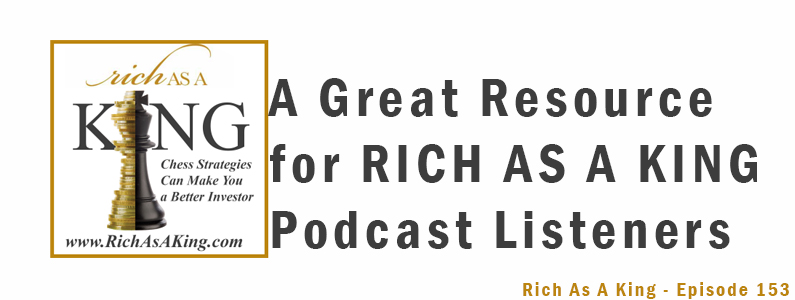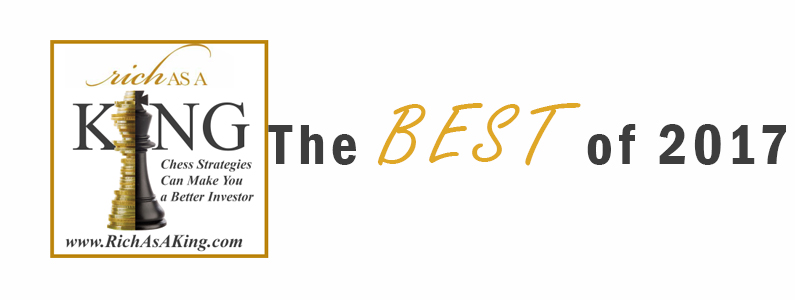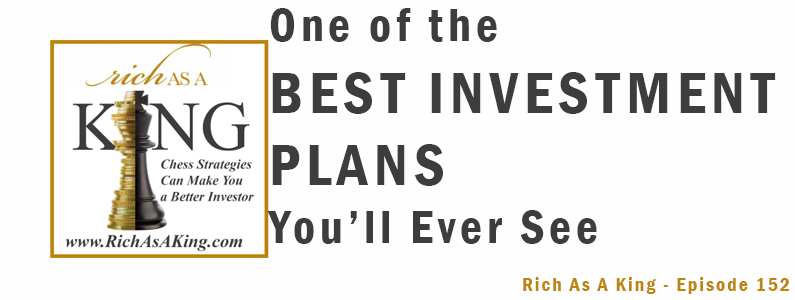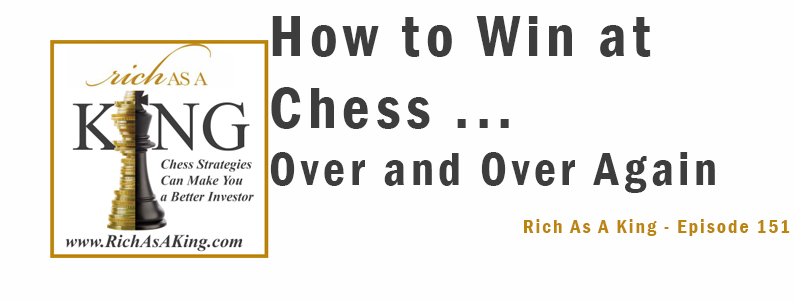
by Doug Goldstein CFP® | Jan 16, 2018 | Financial Plan |
Conservative investments, such as bank savings accounts or CDs (certificates of deposit in a bank), may not be as safe as you think. These types of accounts may actually produce negative real return rates over the years. Three main factors are responsible for negative return rates: Low interest rates Inflation Taxes Low interest rates Years ago, interest rates on bank savings accounts or CDs rates ranged from 3% – 6%. These days, interest rates are close to zero, generating almost no revenue. Low interest rates create a specific problem for retirees because when they originally invested their money, they expected to make a higher return rate than what they receive now. As a result, their savings may not have as much purchasing power as previously. Inflation Inflation erodes the value of your money while it sits in the bank. For example, what would happen if an investor put $100 into a bank savings account earning nearly no interest? That year, $100 is enough money to buy a leather jacket. But what if, when he retrieves the money the following year, inflation raised the jacket’s price to $105? In that case, the initial $100 is no longer enough to buy the jacket, so the $100 is worth less than the previous year. This change in money’s value is called “inflation.” Taxes Paying taxes is an ongoing expense, which lowers your net return. When interest rates are low, and inflation reduces the value of your money, taxes top it all off, resulting in negative return rates, even in so-called “safe investments.” How to profit with bond ladders when interest rates are... Click for more

by Doug Goldstein CFP® | Jan 2, 2018 | Behavior finance |
Who is usually a more confident investor – a man or a woman? When Professors Terrance Odean and Brad Barber conducted a study of 60,000 individual investors, they found that the male investors were far more confident in their investing decisions than their female counterparts. But is an abundance of confidence always a good thing? Overconfidence on the chessboard When chess players are too confident, they overestimate their ability, sometimes to the extent that they refuse to believe their opponents could win. In many cases, this overconfidence leads to failure. Even though overconfidence may lead to failure, many chess players are overconfident in their outlook. Why? In the book The Invisible Gorilla, Christopher Chabris and Daniel Simons describe a study where they asked tournament-level chess players two questions: What is your most recent official chess rating? What do you think your rating should be to reflect your true current strength? Given the rigorous methodology used to calculate chess ratings, the two answers should have been the same, or at least very similar. However, 75% of the respondents claimed that their actual score underrated their true ability by about 100 points. Even if statistics told them the opposite of what they believe, they were overconfident in their self-analysis. What is an overconfident investor? Overconfident investors tend to trade more actively than others. After all, they feel they have a solid grasp of how the market works, and good picks for winning investments. In the study of individual investors conducted by Professors Odean and Barber (mentioned above), single men traded 67% more actively than single women, but the men underperformed the... Click for more

by Douglas Goldstein | Dec 26, 2017 | Other, Podcasts |
What happens when the game finishes? This is the last Rich As A King podcast. But, you can still listen to other great financial podcasts and learn essential strategies for managing your money. Here’s another great online resource for you ? The Goldstein on Gelt Show. On this personal finance podcast, I invite a guest to share his ideas and strategies for investing and personal finance. Each show includes a discussion with an expert on how to invest for success. Popular episodes feature Daniel Kahneman, Pat Flynn, and Suze Orman. Find out what else this twice-weekly show, also hosted by Douglas Goldstein, can offer... Click for more

by Doug Goldstein CFP® | Dec 19, 2017 | Other |
Improve your financial situation in the New Year by conducting a project postmortem. Reviewing and analyzing a chess game helps you prepare for the next time you play. In general, performing a postmortem on anything can help boost results the next time around. Susan and I just held a postmortem on 2017 and analyzed our most popular Rich As A King posts from the past year. We hope to give you more on the topics that interest you in 2018. Meanwhile, here are links to the top posts for you to review: Blogposts How Basic Chess Tactics Can Help You Make More Money – Find out how chess tactics can be applied both to investing and personal finance, and also to life in general. Does a Budget Tracker Really Help Your Bottom Line? – Learn how a budget tracker really helps you save. Why It’s Important to Know Your Risk Level before You Invest – Just like in chess you don’t want to risk your quality pieces, learn how to mitigate the risk in your investment portfolio. Podcasts How to Use Multiple Attack Strategy to Improve Investment Performance – Use a “multiple attack strategy” to improve your investment performance AND prowess on the chessboard. Which Is the Best Country to Invest in for Global Diversification? – Global diversification is an important part of investing. Find out about allocating your assets safely and how to decide where to invest. Two Ways Baby Boomers Can Have a Successful Retirement – Get a strategy for approaching retirement. What topics interest you? Our community boosted these pieces into top positions on our blog. ... Click for more

by Douglas Goldstein | Dec 12, 2017 | Podcasts |
Apply chess strategy to your investment plan: When you want to win, stick with what works. Listen to this financial podcast to find out how to understand which investing tools and strategies work best for you and how to use them most... Click for more

by Doug Goldstein CFP® | Dec 5, 2017 | Decision Making, Financial Plan |
Here’s an important financial tactic that is often overlooked, but can help boost both your bottom line and your performance on the chessboard: Use your head! Don’t run on automatic pilot. Be aware of what you’re doing and put clear thought and consideration into every step you take. Don’t just play with your hands When Georges Renaud and Victor Kahn authored The Art of Checkmate, they wrote: “Chess is played with the mind and not with the hands!” If you want to win a game of chess, don’t just move your pieces around the board. Think your moves through very carefully. Where are your opponent’s pieces in relation to yours? Would moving your bishop over there put your king at risk? The same principle of thinking and not just acting also applies to investing. Before making an investment decision, ask yourself (and your financial advisor) the following: What are the risks involved? How much of a loss can I sustain if things don’t work out? Does this particular decision conform to my financial plan and current goals? Review your financial situation Review your financial plan and see if you are meeting your goals and financial objectives. If not, you may need to make changes to your investments after all. Even if you want to leave your portfolio at its current status quo, this is also an active decision that requires logical thought. “Chess is played with the mind, not the hands” can be a metaphor for thinking and analyzing all your... Click for more

by Douglas Goldstein | Nov 28, 2017 | Chess Strategies, Podcasts, Strategic Thinking |
What helped Susan Polgar win at chess over and over again? She began winning chess at age four, and became the first woman in chess history to achieve the title of grandmaster. Find out what strategy she used to win at chess, and how you can use the same strategy to stay ahead even when the market knocks you... Click for more

by Doug Goldstein CFP® | Nov 21, 2017 | Decision Making |
The key to understanding investments is to avoid unrealistic expectations. One of the biggest mistakes investors make is expecting too much from an investment. But why do people have unrealistic expectations of their investments? There’s no such thing as getting rich quick For some people, their ideal is to get rich quickly, without having to work too hard. So when they see a potential investment promising a very high yield, they get very excited. But in their haste to realize their dream of instant wealth, they forget the famous maxim, “If it sounds too good to be true, then it probably is.” In fact, investments with very high yields are either extremely high risk or shady. In their rush to fulfill their unrealistic expectations, these investors ignore their better judgment and have an incomplete understanding of the situation. This can be compared to when you are playing chess and you suddenly see that the path towards your opponent’s king is wide open in front of you. You may not stop to think that things may not be as they seem. It is much easier to just look at the squares in front of you, instead of at the whole board. You move your queen into position, ready for check. Suddenly, your opponent’s piece comes out from a direction that you didn’t expect and takes your queen! You are now left wide open to an attack, and the game is not going in the way you expected. Why weren’t you more careful? Your unrealistic expectation of an easy win impaired your ability to think things through clearly. Consider the risks... Click for more












